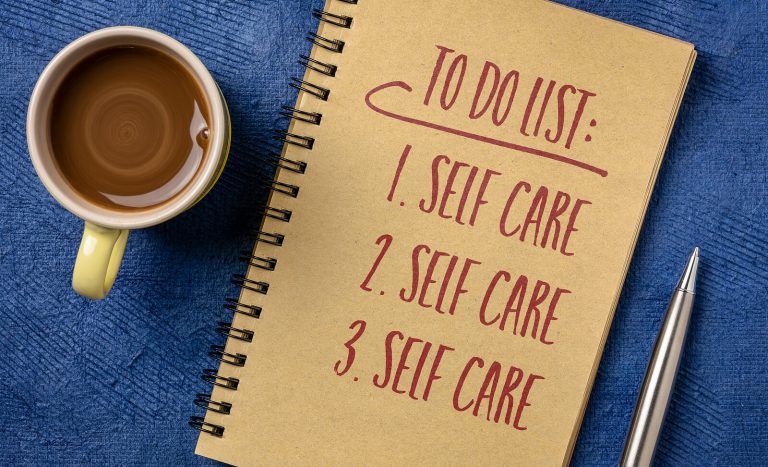5 Tips for Better Sleep Better

Sleep plays an important role in our physical, mental, and emotional health. As the clocks have
“sprung forward” this month, it is a great time to talk more in depth about sleep! Sleep is an
essential function in order to survive. Sleep helps humans recover, recharge, and remain healthy,
fighting off disease and sickness. Without enough sleep, your brain is unable to function
properly, which can impact mood, impair abilities, and have a negative impact on cognitions.
While every human is different, it is thought that most adults need about 7-9 hours of sleep a
night and children and teenagers may require even more. This being said, sleep can be difficult!
Most of us have found nights where we are tossing and turning or can’t seem to shut the brain
off. Work schedule, kids, stress, anxiety, or a change in routine may all prevent us from getting
an adequate amount of sleep each night. The occasional sleepless night will most likely not have
any long term impacts, but if the problem persists or is chronic, make sure to seek out medical
and psychological help. So, what are some things that can be done to ensure a good night’s rest?
- Have a set bedtime and waketime: An “internal body clock” regulates your sleep cycle,
controlling when you feel tired and ready for bed or refreshed and alert. This clock
operates on a 24-hour cycle known as the circadian rhythm. Sometimes the internal body
clock can get off rhythm. The best way to get the circadian rhythm regulated is to stick to
a routine as best a possible by going to bed at the same time each night and waking up at
the same time each morning. - Establish a nighttime routine: As human beings, we like to know what the future holds.
It tends to decrease worry and anxiety. If you are able find a nighttime routine, the brain
and body will know what to expect each night, which might help establish consistency
allowing the unwinding process to begin before getting into bed. - Reduce blue light exposure at night: The National Sleep Foundation recommends that
one should stop using electronic devices, such as a cellphone, at least 30 minutes before
bedtime. A great alternative might be to read a book or take a warm bath. - Optimize the sleeping environment: Try to minimize external noise, light, and artificial
lights from devices like alarm clocks. In addition, it can be helpful to make sure the
bedroom is a quiet, relaxing, clean. Body and bedroom temperature can also profoundly
affect sleep quality. - Try to calm the mind and body before going to bed: Relaxation techniques before bed
have been shown to improve sleep quality. Some strategies to try out include: breathing
techniques, gentle yoga, meditation, reading, listening to calm music, or visualization. If
you have any anxiety or worry from the day, try jotting them down in a journal to get it
out of your head and down on paper.
All in all, sleep is needed for proper cognitive and behavioral functions. Try to make it a priority
in life!
If you need someone to talk to, our therapists at Mountain Vista Psychology are always on standby and ready to talk. Reach out to us today for a FREE consult or call us at (720) 583-9332 or email us info@mountainvistapsychology.com
Schedule an Appointment
We believe in an integrative and holistic approach to help you make the changes you want. Contact us now to schedule an appointment or to request a 20 minute free phone consultation. During this session, you will be invited to share your story and ask any questions you may have.
Recent Articles
Now Serving South Denver: Mountain Vista Psychology Opens New Location for Counseling, Neurofeedback & Testing
To The Wonderful Mountain Vista Psychology community: We have some exciting news to share: We are Growing and Excited to…
ADHD Testing: How Women Are Underdiagnosed and Misunderstood
Attention-Deficit/Hyperactivity Disorder (ADHD) is one of the most widely discussed and most commonly diagnosed disorders today. ADHD is more than…
What Does Self-Care Look Like in Motherhood
Motherhood can be a beautiful, transformative journey, but it is also exhausting, overwhelming, and often self-sacrificing. Somewhere between diaper changes,…
How Online Therapy Can Support Busy Mom Schedules
Motherhood is beautiful, but it is also exhausting, isolating, and overwhelming at times. So, let us just say it out…





